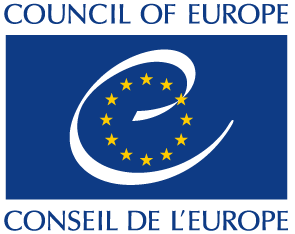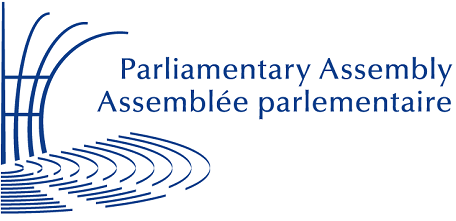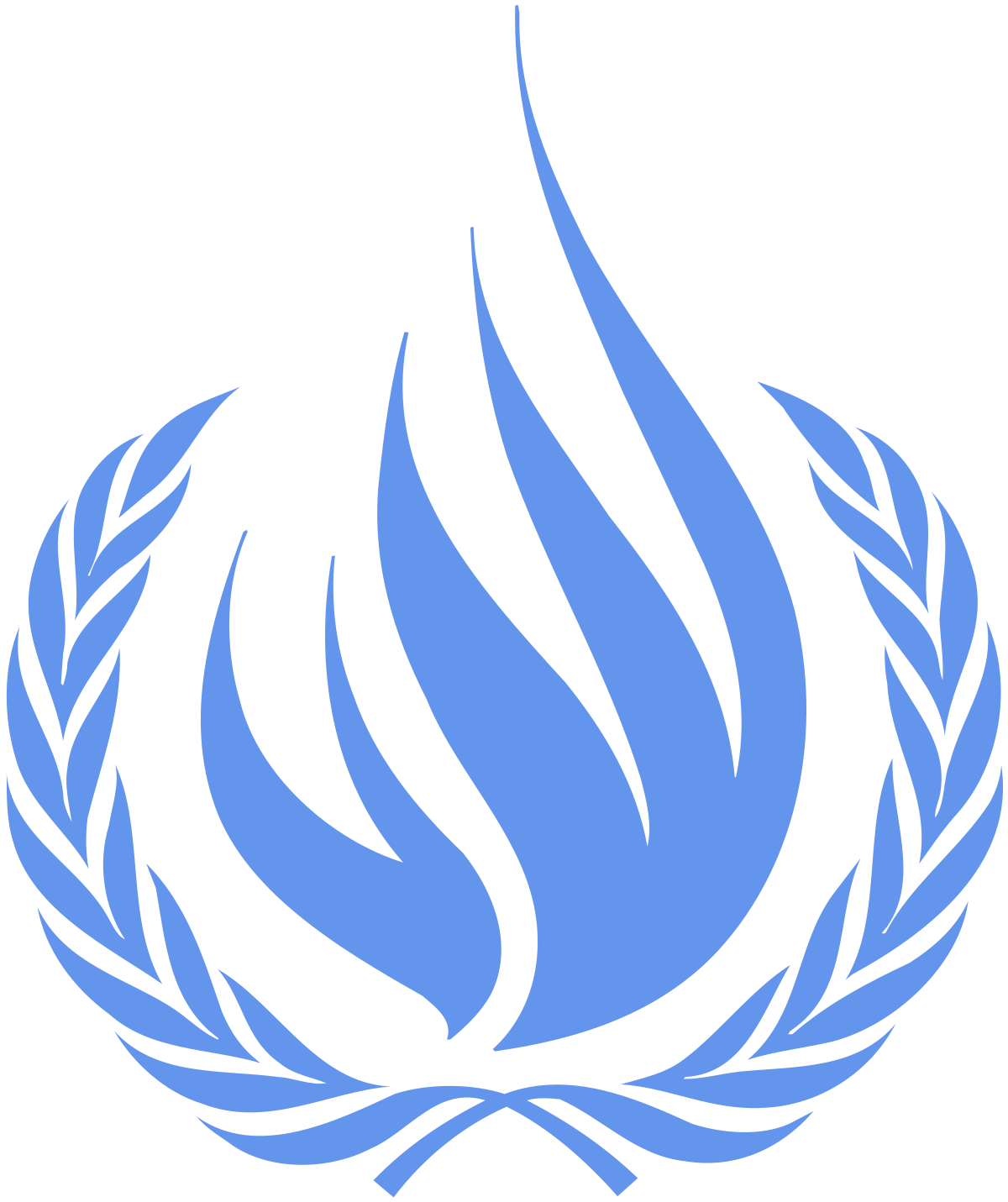DH-TET - Liens utiles


Relever les défis à venir - Renforcer le Conseil de l'Europe
Rapport du Secrétaire Général lors de la session ministérielle d'Helsinki, 16-17 mai 2019
Feuille de route pour renforcer l'action contre la traite des êtres humains à des fins d'exploitation par le travail
Secrétaire Général du Conseil de l'Europe, 21 novembre 2019
Une responsabilité partagée pour la sécurité démocratique en Europe
Comité des Ministres du Conseil de l'Europe, Session ministérielle d'Helsinki, 17 mai 2019
Recommandation Rec(2006)8 aux États membres sur l'assistance aux victimes d'infractions
Comité des Ministres du Conseil de l'Europe, 14 juin 2006
Recommendation CM/Rec(2008)10 to member states on improving access of migrants and persons of immigrant background to employment
Committee of Ministers of the Council of Europe, 10 July 2008
Recommendation CM/Rec(2015)3 to member States on the access of young people from disadvantaged neighbourhoods to social rights
Committee of Ministers of the Council of Europe, 21 January 2015
Recommendation CM/Rec(2016)3 to member States on human rights and business
Committee of Ministers of the Council of Europe, 2 March 2016


Trafficking of migrant workers for forced labour
Recommendation 2011 (2013) adopted by the Parliamentary Assembly of the Council of Europe, 25 January 2013
Concerted action against human trafficking and the smuggling of migrants
Recommendation 2171 (2020) adopted by the Parliamentary Assembly of the Council of Europe, 30 January 2020


Guidance Note on Preventing and Combating Human Trafficking for the Purpose of Labour Exploitation


Combatting trafficking in human beings (website)


Human rights and Trafficking in persons (website)
Guiding principles on Business and Human Rights
Implementing the United Nations “Protect, Respect and Remedy” Framework


